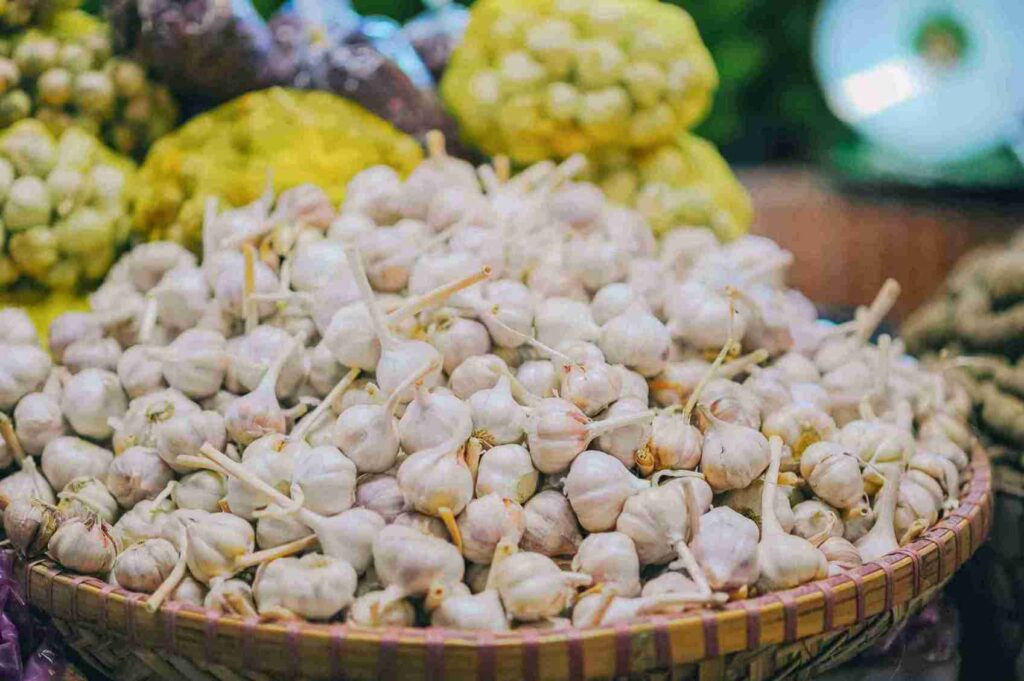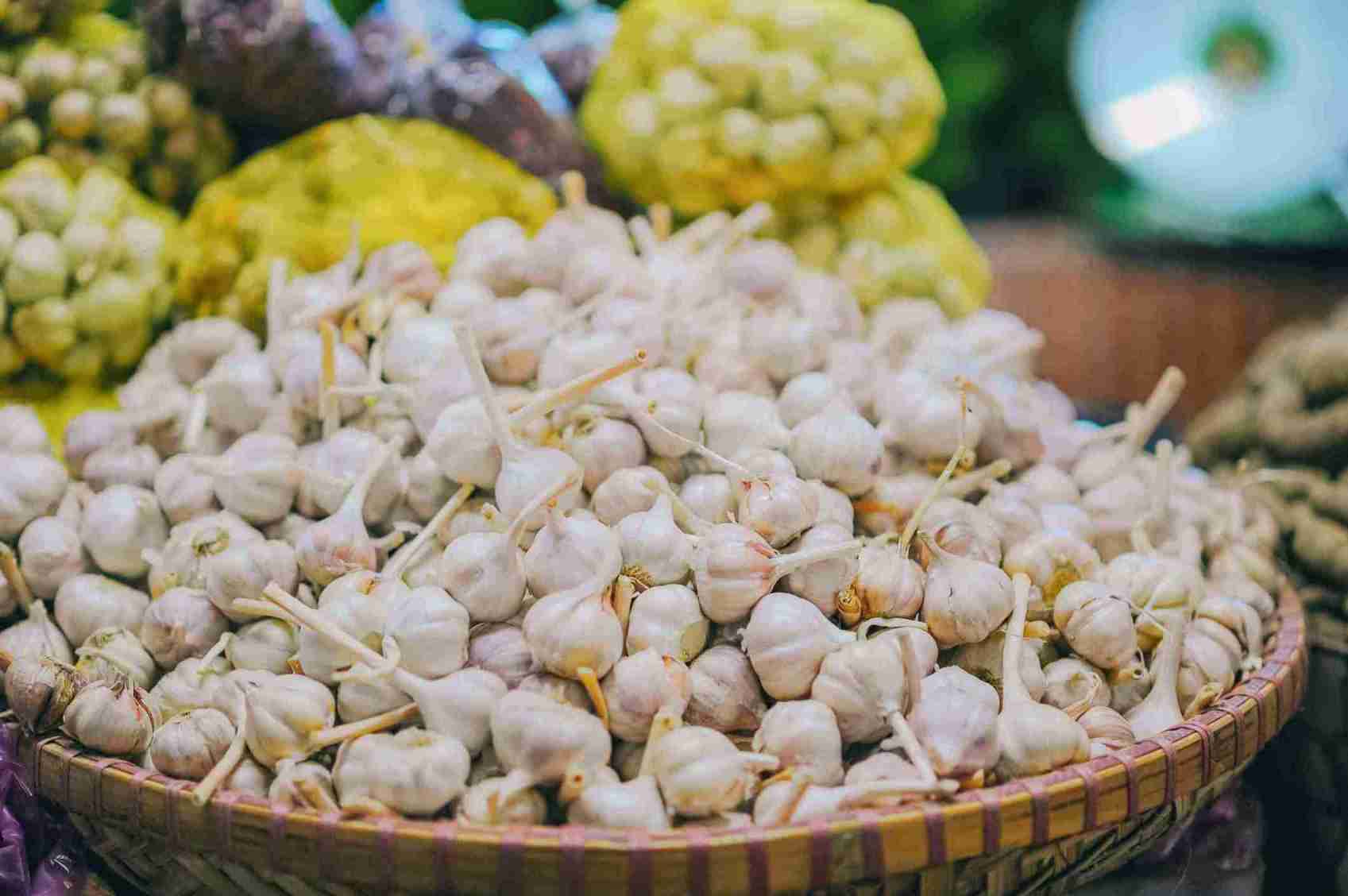
Despite a ban on Chinese garlic since 2014, it is being openly sold in Indian markets and is in high demand. In local kitchens, especially in north India, garlic is a commonly used taste and flavour enhancer used in most kinds of cuisines. It has a distinct flavor and a powerful smell, making it a popular addition.
Apart from magnifying taste, garlic also has various health benefits – which include inhibiting and destroying bacteria, fungus, and parasites, lowering blood pressure, cholesterol, and sugar levels, and preventing blood clotting and protecting the liver. According to experts, garlic also has anti-cancer effects and helps improve the immune system, prevent sickness, and preserve good health.
Why is Chinese garlic bad for health?
According to experts, due to the heavy use of pesticides and chemicals, Chinese garlic is a potential threat to your life. It leads to various digestive issues like ulcers, infection, and gastric problems, and in the long term can lead to extremely harmful effects on your kidney, which is life-threatening.
Experts say Chinese garlic is mostly sprayed with chemicals to prevent it from sprouting when it is kept on the market shelves. Garlic naturally has dark spots due to which many would not buy it. Therefore, to clean its appearance and make it look more appealing, Chinese garlic is bleached with chlorine to hide these dark spots.
Chlorine exposure can lead to various dangerous health problems, like respiratory issues as Inhaling chlorine causes airway irritation, wheezing, breathlessness, and severe coughing. Doctors say high concentrations of chlorine also cause respiratory distress, fluid in the lungs, and lung collapse.
According to the laws in China, it is mandatory for farmers to also spray pesticides that contain methyl bromide as it helps fight off insects. However, in the long run, methyl Bromide can damage your kidneys and affect your liver. Also, repeated exposure causes damage to the brain and nervous system including poor vision, mental confusion, personality changes, hallucination, tremor, pain or numbness of the arms and legs, problems with speech and coordination, and loss of balance.
How to differentiate Chinese garlic from the Indian one?
Chinese garlic is always smaller in size and is bright white or pink in colour. Indian garlic, on the other hand, is bigger in size and has peels that range in colour from white to pink to even light brown. The differences in size and hue reflect the various growing environments and procedures.
Indian garlic has a pungent odour and robust flavour, which makes it a must-inclusion in most dishes. On the other hand, Chinese garlic has a gentler aroma and taste, which is less suitable for some culinary applications.
Since Chinese garlic is easier to peel, more people prefer buying it. However, local garlic has fine, tiny cloves which are a little difficult to come off.

